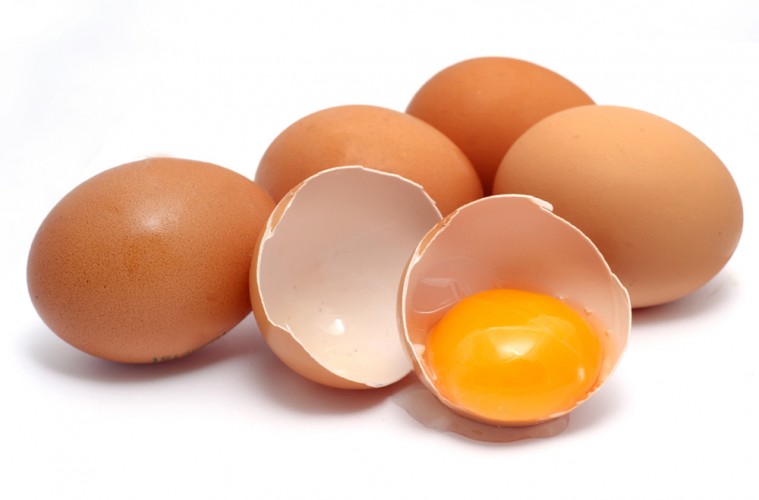Written by Dr. Rachita Narsaria, M.D. | Every now and then research comes up that contradicts the age-old wisdom we have about foods we know and love. A similar phenomenon occurred with eggs back in 1950 when researchers found that egg yolks contained high cholesterol content. Since cholesterol is a culprit behind heart disease, a whole generation of people started to dramatically cut back on eggs.
In 2001, a study from Kansas State University found that an enzyme called phosphatidylcholine prevents the cholesterol from eggs from entering the body circulation. Now what is one supposed to do? Going back to the basics of cholesterol metabolism might be a good idea. Cholesterol is manufactured by our body because it is an indispensable component of our nerves, joints, hormones and brain. If you do not take in a healthy amount of cholesterol, the body will find a way to convert whatever else you eat into useful cholesterol. Also, our bodies have been built intelligently. If you eat too much cholesterol, the body will push the brakes on internal production to maintain the balance. That aside, let’s take a look at some of the nutrients eggs are packed with:
1. Complete protein
The medical community has nominated the egg as a source of “complete protein”. Egg whites are rich in amino acids, which are the building blocks of muscles. No other food product comes as close to the egg in the protein content.
2. Vitamins
Vitamin B2, B6, and B12 are found abundantly in egg whites. The yolk contains fat-soluble vitamins like Vitamin A, D, E and K, which play different and important roles in the daily functioning of the body.
3. Important elements
Trace yet essential elements like selenium, magnesium, copper, zinc and iron are also found in eggs. Calcium, potassium, and phosphorus are three other elements that are present in varying quantities in eggs.
4. Cholesterol
Egg whites are comprised of 13% protein and 87% water. It’s the egg yolk that contains cholesterol. Even so, only 27% of the yolk consists of saturated fat. The other 73% is unsaturated fat, which is necessary for body metabolism.
People who have heart disease or are overweight should restrict egg intake to whites only, to prevent added consumption of cholesterol. Everybody else can easily consume 2 eggs a day to get their daily recommended intake of protein, vitamins, and minerals. It would be wiser to cut down on burgers, fries, extra cheese, sweetened syrup, and processed meats, etc. to keep your cholesterol in check, instead of eliminating eggs from your diet.


